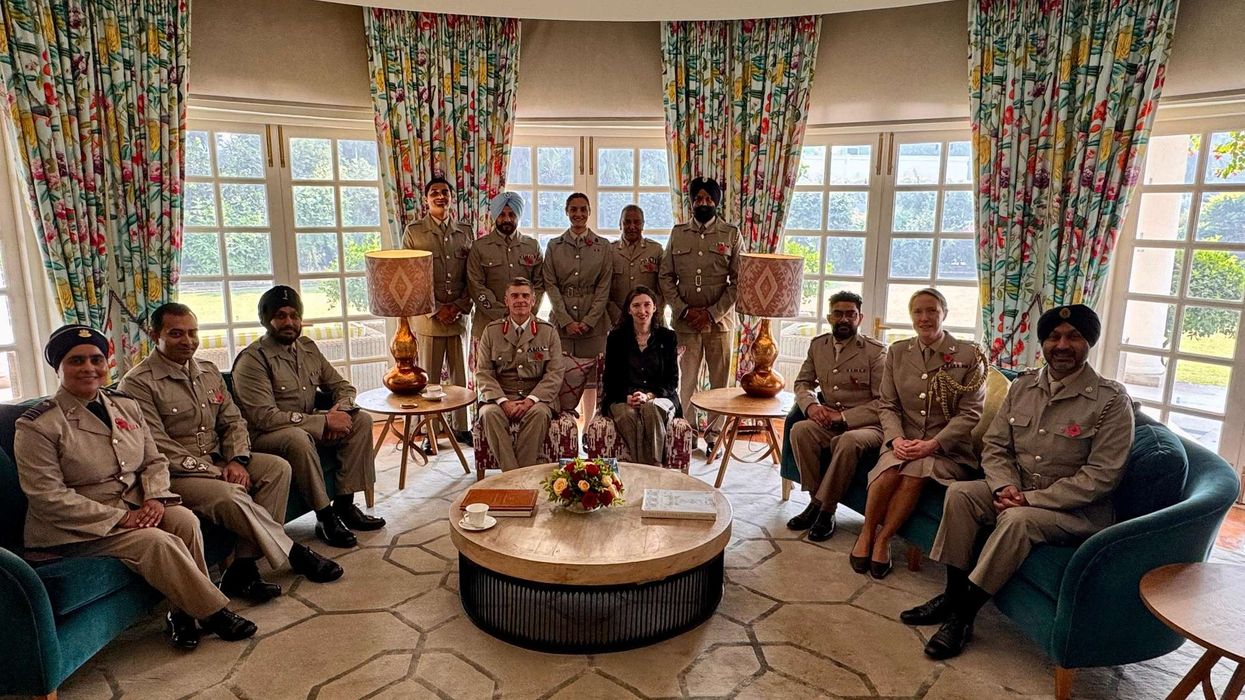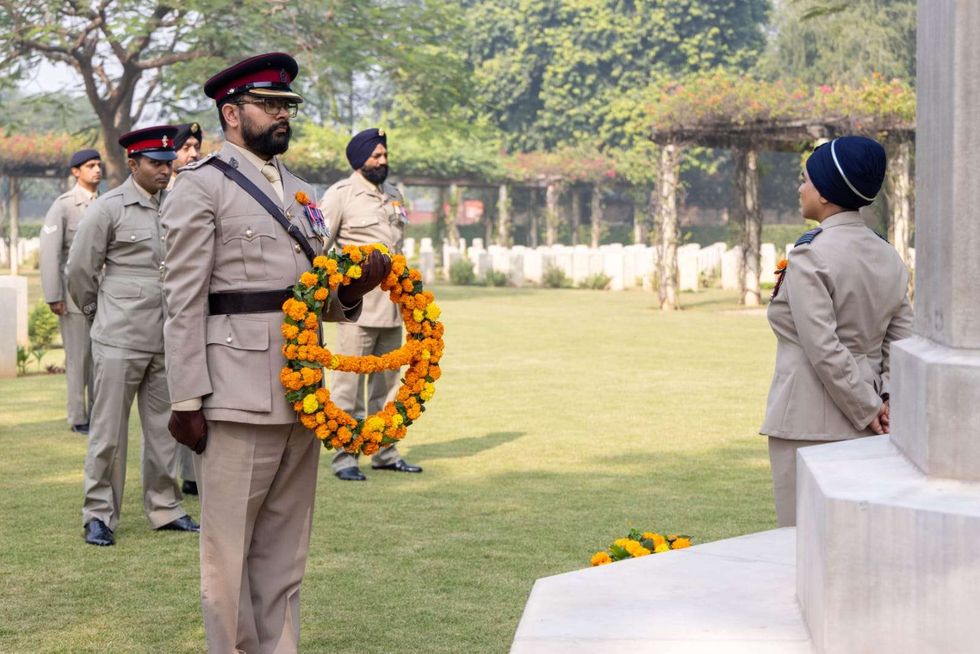by BARNIE CHOUDHURY
Former BBC journalist
FOR those who don’t know about the best city in the UK, let me enlighten you.
Leicester is home to the 2015-16 Premier League football champions; the place which produced Martin Johnson, the man who led the England squad to a glorious rugby World Cup win in 2003; and it is the city where the 2011 census showed no overall racial group majority. Oh, and by the way, it has a road which has become known universally as the Golden Mile because of its array of jewellers, businesses and south Asian inspired restaurants.
Belgrave Road is also politically relevant. Face towards the city centre and on your left is Leicester East and its Labour MP, Keith Vaz. On the right is Leicester West, seat of one-time Labour party leader hopeful, MP Liz Kendall.
But politics is a strange phenomenon. Scattered among the red blanket are specks of blue, and these Conservatives are spitting blue blood. They are furious about the prime minister’s decision to suspend parliament.
Not only that, they aren’t too pleased about the cavalier way Boris Johnson and his team are treating the country’s most prominent south Asian politician, Sajid Javid.
The marching off the premises by the police of Sonia Khan, one of the chancellor’s advisers, is a message that Javid has no power and heads the Treasury in name only. The optics of a brown woman being treated like a criminal for simply speaking to her former boss only shores up the perception that Boris and his team are covert, clever and quintessentially modern-day racists.
But it is the prorogation of parliament which has angered south Asian businesses, Tory party members and the ordinary commuter on the omnibus.
The reason? Economics. The moment the announcement was made, the pound slipped in value. That meant crucial imports from India became more expensive overnight. In an already vulnerable market, profits are becoming even slimmer.
Speaking to a mix of businesses, Tory politicians and party members, one thing is clear: they want Boris out and a new ‘government of unity’. But when I asked them for an alternative leader, they could not come up with a name.
They believe there will be a vote of no confidence, especially if this week’s legal challenge fails. They do not want a general election, nor a Corbyn-led coalition. Erm… you can’t have it both ways.
Speak to other south Asians who are not Conservatives, and their anger is for a different reason. Even those who voted to remain say the parliamentarians using every manoeuvre to stop Brexit are defying the will of the people.
They argue that Britons went into the referendum with their eyes open. David Cameron posed a binary question: did we want to leave the European Union? Yes or no? No details. No added riders. No caveats. A majority chose to leave, and now parliament must find a way of honouring that result. After three years, it is time to believe in ourselves and trust that the world won’t end on October 31, 2019, deal or no deal.
I had two conversations this week which resonated with me. The first was a south Asian teacher, who said that in the 1970s, he was asked to collect money to sponsor Indian children. Forty years later, India is an economic superpower which sends rockets into space. If India has a space programme, he said, then it does not need UK aid, and that money can be used for its citizens in a post Brexit world.
The second was with someone who has just returned from a winetasting holiday in Italy. The vineyard owners told him that the best wine is grown from fields that are stressed rather than pampered. By extension, Britain has never functioned better than when its back is to the wall.
If you don’t believe me, look at recent history. Another great thing about Leicester is that in the 1970s, Idi Amin kicked out tens of thousands of south Asians, and about 30,000 settled there.
They left Uganda with the clothes on their backs and five pounds in their pockets. With these they rejuvenated a city now worldfamous, richer in more than just money.


















Barnie Choudhury: Boris has got himself in a Brexit Asian pickle